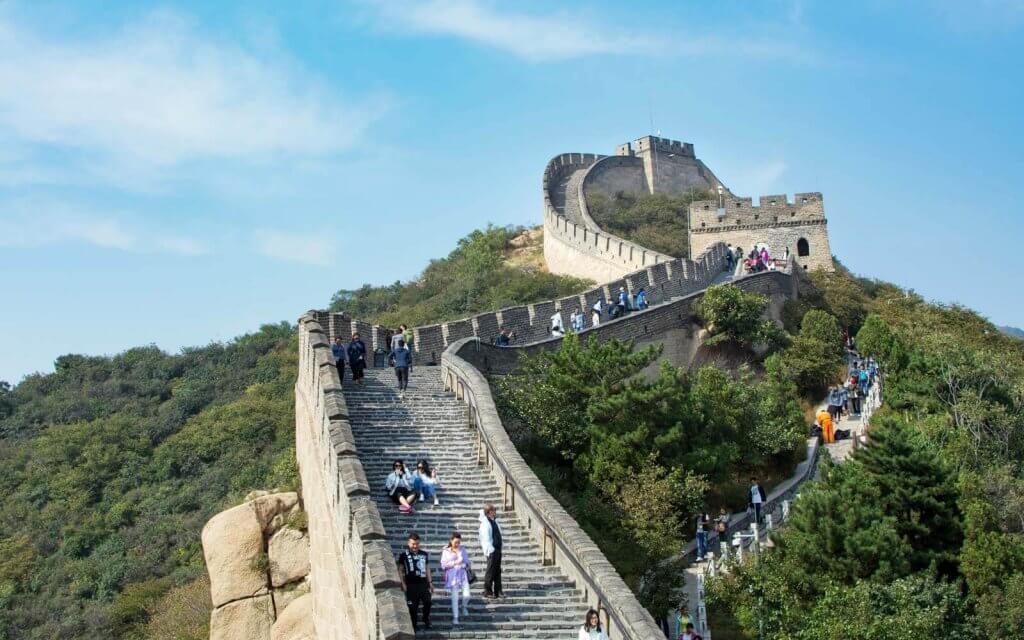
Along the Great Wall, extra security guards have been deployed to deter rowdy tourists. Hotel bookings in Lhasa, the capital of Tibet, have risen 600 percent from the same period last year. In Wuhan, where the coronavirus outbreak began late last year, visitor demand for the city’s Yellow Crane Tower has been so high that the landmark sits atop a major travel agency’s list of the “Country’s Hottest Scenic Spots.”
China has kicked off Golden Week, the annual spree of shopping and tourism built around the Oct. 1 National Day celebrations, and the first major holiday since the country brought its epidemic more or less under control.
Subscribe to our weekly newsletter and stay up to date
In any year, the outlay of the weeklong holiday is a closely watched barometer of the country’s economic health. This year it may be especially so, offering the clearest measure yet of China’s recovery from the pandemic as people squeeze into train cars, crowd into ancient temples, and do everything else that people in many other countries can still only dream of.
The early signs seem to confirm two trends. First: China has returned to near normalcy with remarkable speed. And second: Even so, the ripple effects of the pandemic are hard to shake off.
The week will also reflect how the pandemic has reshaped travel, turning China’s increasingly global tourists back inward. Most years, millions of Chinese go overseas during the holiday, but this year, they have little option but to stay closer to home.
China’s official tourism research institute has predicted that 550 million domestic trips will be made during the eight-day holiday, which this year coincides with the Mid-Autumn Festival. Though impressive, that is still only about 70 percent of the number in the same period last year, reflecting the sizable number of people being kept home by economic insecurity or lingering fear of infection.
Official restrictions, though loosened, also remain. Tickets for Beijing’s Forbidden City are sold out, but capacity is limited to 75 percent. And even as the authorities encouraged people to get on the road, some schools said they would grant only half the week off, or required students to obtain advance permission to leave campus.




